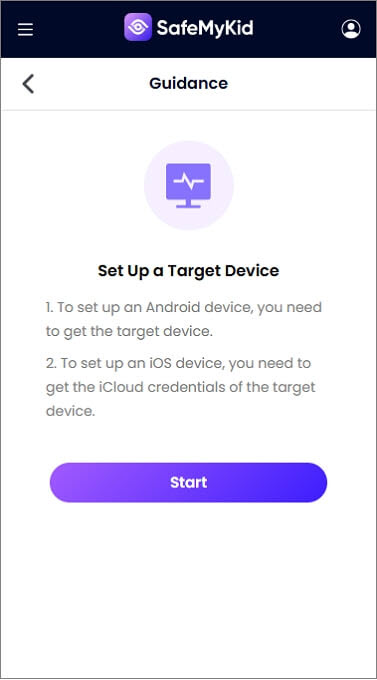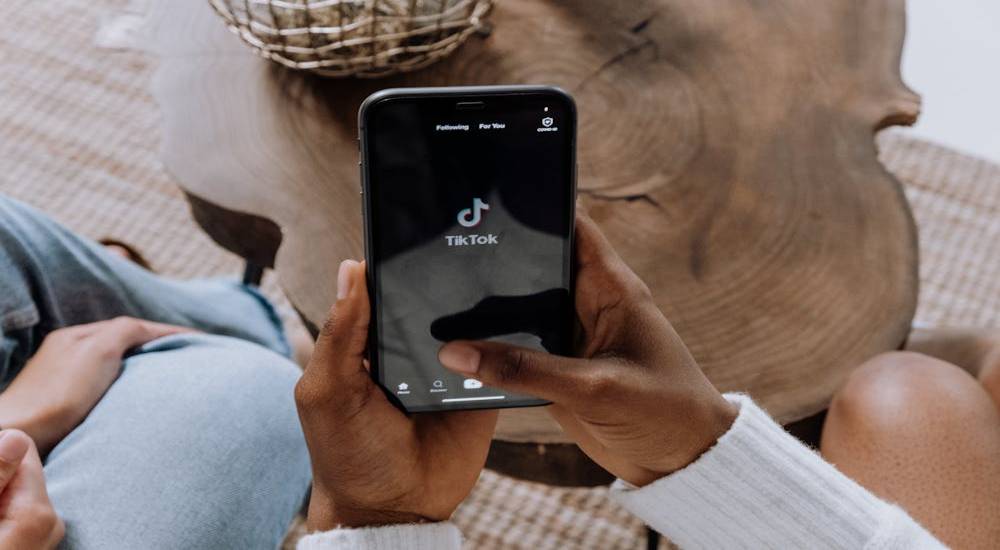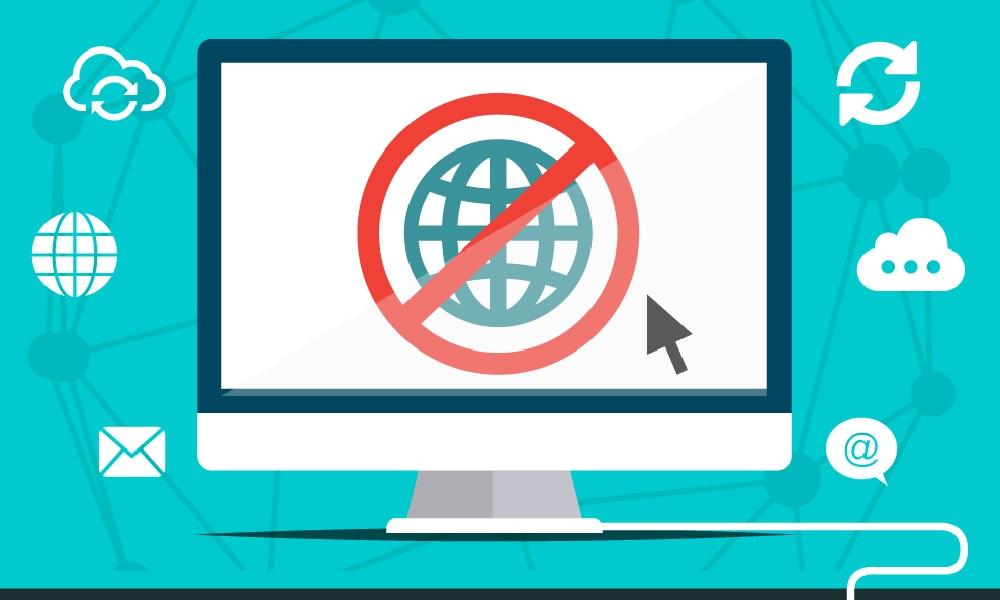5 Reasons Why Kids Should Have Phones

The question of “why kids should have phones?” divides parents. While some fear screen addiction and online dangers, others see it as essential for safety and communication.

Today, we’re exploring the top reasons why kids should have phones, the challenges that come with it, how to make this choice responsibly, and the tools you can use to ensure your child’s safety along the way.
Reasons Why Kids Should Have Phones
We live in an intensely connected, fast-paced world, and phones aren’t just for making calls anymore. They offer security, education, and opportunities for your child to grow in a digital society.
Before we take a closer look at why kids should have phones, think about this — when did you last spend an entire day without checking your own phone? If we, as adults, lean so heavily on these devices, it makes sense that our children would benefit from the same tools when used responsibly.

1. Safety First
The primary reason why kids should have phones is safety. Whether your child is at school, hanging out with friends, or attending extracurricular activities, having a phone ensures that you can get in touch with them whenever necessary. Accidents happen, plans change, or emergencies pop up—a phone in your child’s pocket can make all the difference.
2. Better Communication
Phones keep us connected, and it’s no different for kids. When you’re providing your child with a phone, you’re giving them a direct line to you, their family, and even their friends. This means better communication during quieter times when face-to-face conversation isn’t possible.
3. Educational Tools at Their Fingertips
Phones are more than just for texting or entertainment. Another key reason why kids should have phones is access to educational opportunities. From learning apps to virtual homework help and subject-specific tutorials on YouTube, a phone can become an ally in your child’s education.
4. Learning Responsibility
Another reason why kids should have phones is that they introduce responsibility early on. Managing a device—and all the privileges it comes with—requires accountability. By giving a child their first phone, you're essentially teaching them how to balance freedom and responsibility.
5. Emergency Updates and Assistance
Emergencies don’t follow a schedule. You might hope that your child never faces a risky situation, but being realistic is part of being a parent. Phones allow your child to have immediate access to emergency contacts or services like 911 if needed.
What Parents Should Pay Attention to If Their Kids Have Phones
Giving your child a phone can be a great way to stay connected, but it also comes with risks. Here are some key things parents should monitor to ensure their child’s safety:
1. Online Safety & Digital Footprint
- Teach your child about the dangers of oversharing personal information online.
- Encourage them to set social media accounts to private and avoid interacting with strangers.
- Regularly review their privacy settings and explain the risks of location sharing.
2. Screen Time & Digital Well-Being
- Set screen time limits to prevent excessive phone use.
- Monitor late-night phone usage to ensure they’re getting enough sleep.
- Encourage a balance between screen time, outdoor activities, and family interactions.
3. Cyberbullying & Online Harassment
- Watch for changes in behavior that may indicate cyberbullying, such as withdrawal or anxiety.
- Encourage open conversations about any negative online experiences they may have.
- Use SafeMyKid to track social media activity and detect potential cyberbullying threats.
4. Inappropriate Content & Apps
- Use parental controls to block harmful websites and age-inappropriate apps.
- Regularly check their installed apps and understand how they are using them.
- Be aware of hidden or disguised apps that may allow secret messaging or browsing.
5. Location Sharing & Stranger Danger
- Teach kids never to share their real-time location with strangers or untrusted apps.
- Use SafeMyKid’s geofencing and real-time location tracking to ensure they stay in safe areas.
- Discuss the risks of meeting online friends in person without parental permission.
SafeMyKid: A Parent’s Smart Tool for Kids’ Phone Monitoring

Now that we've gone over all the legitimate reasons why kids should have phones, it’s equally important to talk about keeping your child safe. Enter SafeMyKid—a powerful and discreet parental monitoring app designed to make your job easier.
Top Features of SafeMyKid
SafeMyKid is perfect for parents who want to encourage their children’s growing independence while ensuring that they remain safe online and offline. Here’s what it has to offer:
- Discreet Monitoring
Your child won’t even know SafeMyKid is installed on their phone. It works in stealth mode to give you peace of mind while maintaining privacy. - Real-Time GPS Tracking
Monitor your child’s real-time location and even set geofencing boundaries to receive alerts automatically if they move outside designated safe areas. - Website Blocking and Browsing History Tracking
Block harmful websites with inappropriate content and track what your kid has been looking at online. - Social Media Monitoring
Access chat logs and multimedia sent via platforms like WhatsApp or Snapchat to ensure your child is communicating safely. - Parental Control Dashboard for Phone Monitoring
An easy-to-use dashboard displays all tracked activity, making it simple to monitor location updates, app usage, and more – all in one place!
How to Set Up SafeMyKid for Kids’ Phone Monitoring
Setting up SafeMyKid is pretty straightforward. You only need to complete two steps to start tracking the phone of any child. Here is what you should know:
Step 1. Sign Up and Create an Account
Begin by signing up at SafeMyKid. Use your email to create an account.

Step 2. Set Up on The Target Device
- For iPhone users, no app installation is needed; just log in with your child’s iCloud credentials.
- For Android users, download the SafeMyKid app discreetly on the child’s device.

Step 3. Monitor Kids' Phones Responsibly
After logging in, you can tailor your preferences—blocking websites, setting geofences, and more—all from one dashboard.
SafeMyKid provides a way to effectively manage your child’s phone without stifling their learning and communication.

How Phones Help Kids Develop Essential Life Skills
While concerns about screen time and safety are valid, smartphones can also be powerful tools for personal growth. When used wisely, they help children build important life skills that will benefit them in school, relationships, and future careers.
| Life Skill | How Phones Contribute |
|---|---|
| Critical Thinking & Problem-Solving | Kids learn to research, analyze information, and find solutions through educational apps, puzzles, and online resources. |
| Communication & Social Skills | Texting, video calls, and digital discussions help children improve their ability to express themselves and engage with others effectively. |
| Time Management & Responsibility | Phones allow kids to set alarms, create schedules, and develop habits for managing their schoolwork and daily activities. |
| Adaptability & Digital Literacy | Early exposure to technology teaches children how to navigate digital tools, preparing them for future workplaces and online interactions. |
| Financial Awareness | Some apps introduce kids to budgeting, saving, and responsible spending, helping them understand money management from an early age. |
By guiding children to use their phones productively, parents can ensure that technology becomes a tool for skill-building rather than just entertainment.
FAQs About Why Kids Should Have Phones
To wrap up this comprehensive guide, here are some of the most frequently asked questions about why kids should have phones. These answers aim to address your concerns and help you make informed decisions about introducing a phone into your child’s life responsibly.
1. At what age should my child have their first phone?
There’s no universal answer, as the right age depends on your child’s maturity, responsibilities, and specific needs. Many parents opt to give their children a phone around ages 10-12, as this is when they begin gaining independence with school, activities, or friends. Assess whether your child is ready to handle the responsibility and follow guidelines for phone usage.
2. How can I ensure my child uses their phone safely?
The best way to ensure your child uses their phone safely is by setting clear rules, installing monitoring tools like SafeMyKid, and educating them about online dangers.
With SafeMyKid, you can discreetly monitor your child’s activity, block harmful websites, and track their location in case of emergencies. Open communication with your child about the risks of inappropriate content or oversharing online is also key.
3. How much screen time should I allow for my child?
The recommended screen time for children varies by age. Experts suggest limiting screen time to 1-2 hours per day for younger kids, while older teens might need more flexibility due to schoolwork. Use tools like SafeMyKid to set screen time limits, ensuring your child maintains a healthy balance between digital and offline activities.
4. What if my child gets addicted to their phone?
Phone addiction is a real concern, but it’s manageable. Start by setting boundaries, such as “no phones during meals” or “screen-free zones” at home. Monitoring tools like SafeMyKid can help you oversee usage and identify problem areas. Encourage hobbies, family activities, and face-to-face social interactions to provide alternatives to excessive phone use.
Final Thoughts
Providing a child with their first phone is a big step, but with the right boundaries, it can promote independence and responsibility. We've explored why kids should have phones, from emergency preparedness to supporting education and communication.
To make the experience worry-free for you as a parent, SafeMyKid remains your best ally. Give your child the benefit of a phone while keeping security a priority. Try SafeMyKid today for peace of mind and confidence in your family decisions!


